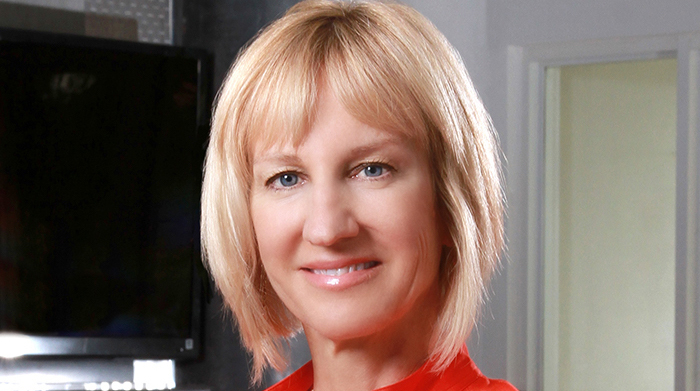By Julie Neitzel
As we embark on the new year, it is important to set resolutions and goals to which we will direct our energies. The family office team, through dialogue with the family, typically establishes goals focused on wealth management activities such as estate planning, investment allocations and tax-planning strategies, among others.
Oftentimes, the most critical family asset can be overlooked in the goal-setting process: health.
Recent studies have explored the health concerns of the wealthy:
• In a Spectrum study on the issues of ultrahigh net worth (UHNW) individuals, the highest personal concern was the health of spouses (61 percent) and one’s own health
(57 percent). Additionally, 48 percent were worried about spending their final years in a facility while 45 percent worried about having someone to care for them in their advanced age.
• Health concerns (56 percent) took precedence over financial concerns (55 percent) in a Millionaire Corner study of UHNW individuals. However, the study further concluded that while 65 percent of UHNW individuals are actively involved in the day-to-day management of their wealth, far fewer are exercising more, trying to keep weight down or eat healthier foods (7 percent) than were doing so five years ago. This research shares insights into the gap regarding the importance of good health versus the practices that enable it.
• In U.S. Trust’s 2015 survey on wealth, the wealthy gave themselves a B-minus in their efforts to maintain good health. The report card ranked various personal health practices such as not smoking (which received an A) and relieving stress management, which received the lowest score of B-minus, among others. Additionally, its 2014 study identified a medical crisis as one of the top five risks to family wealth.
Given the gaps identified in the research between beliefs about family health and actual practice, how can the family office facilitate this area of focus? There are a number of strategies to consider:
• Incorporate the importance of family health into the mission statement.
• Define family health explicitly as an important shared value.
• Develop family and individual practices that support health and well-being, such as daily exercise and health retreats.
• Engage nutrition and health specialists to regularly address and discuss best health practices and strategies for the family.
• Look at health care from a strategic perspective rather than a personal perspective. As my partner Michael Zeuner shared in a recent panel at the Family Wealth Report summit: “If you think about managing your wealth like a well-run company, then you get into things like what is your strategy, your leadership team, what is your succession plan and how do you choose vendors. Health fits in with leadership, succession and talent development.”
Starting from the axiom that investing for health is as important as investing for wealth, consider incorporating personal and family health strategies and goals in the coming year. The family office can facilitate discussions with the family around health practices to enable greater dialogue and family member participation around what is important to the family. Once goals are defined and explicit, track progress and evaluate them at the close of the year, along with the other wealth goals.
Best wishes for a year filled with health, happiness and continued wealth success!
Julie Neitzel is a partner and advisor with WE Family Offices in Miami and a board member of the Miami Finance Forum. Contact her at Julie.Neitzel@wefamilyoffices.com or 305.825.2225.














